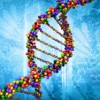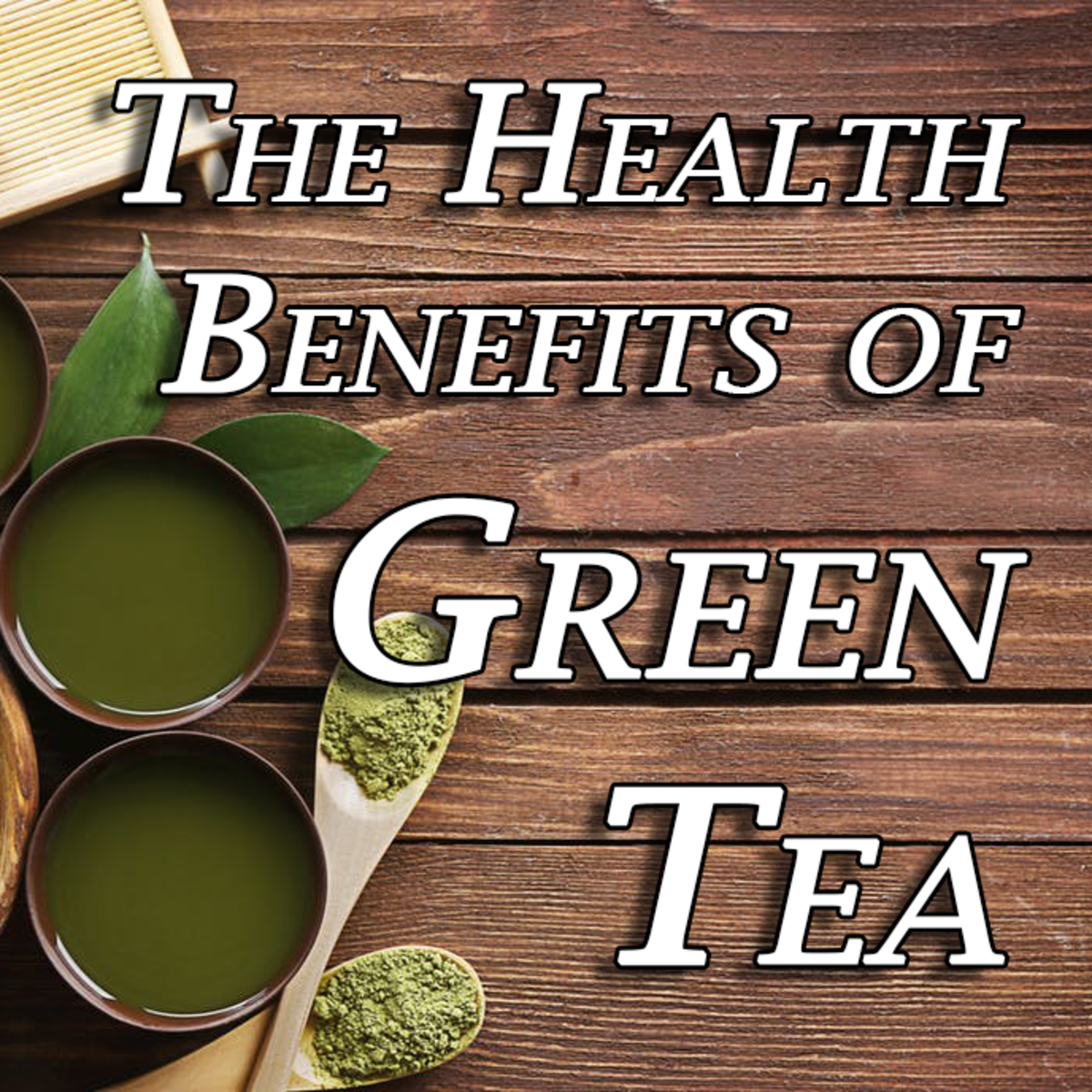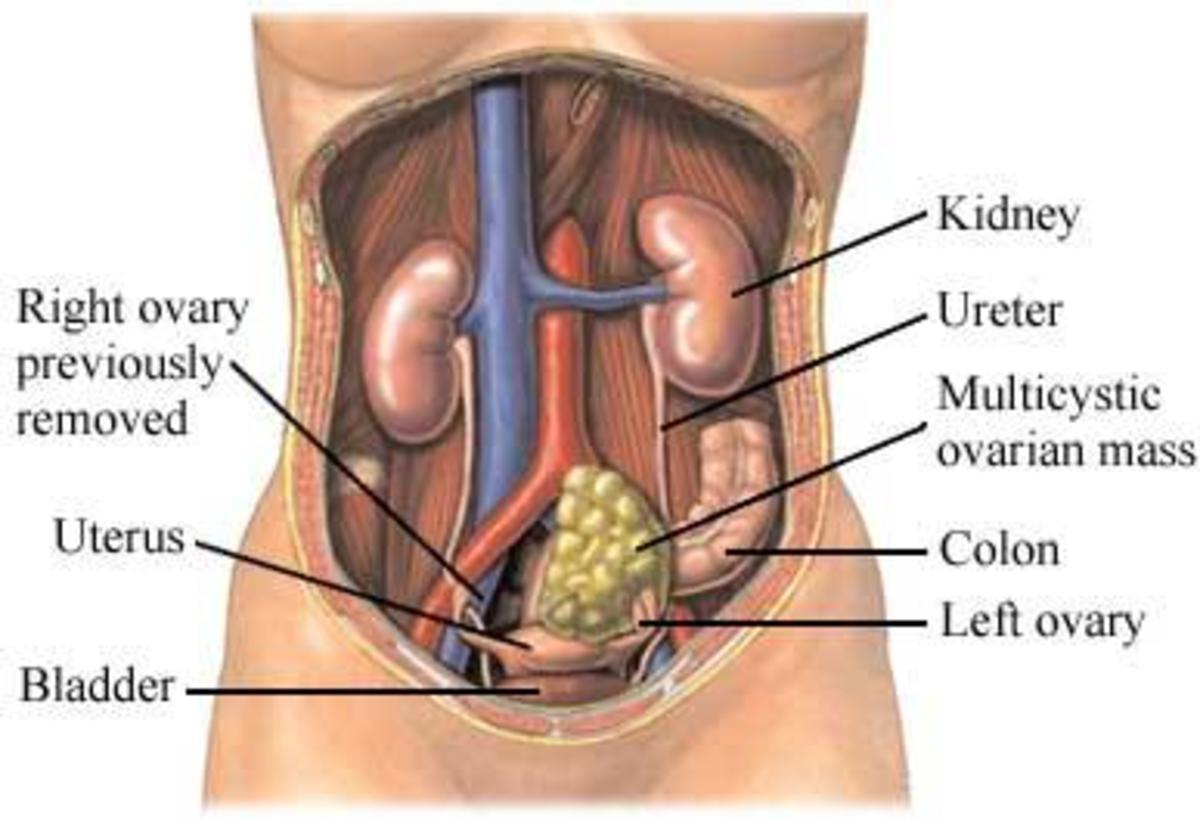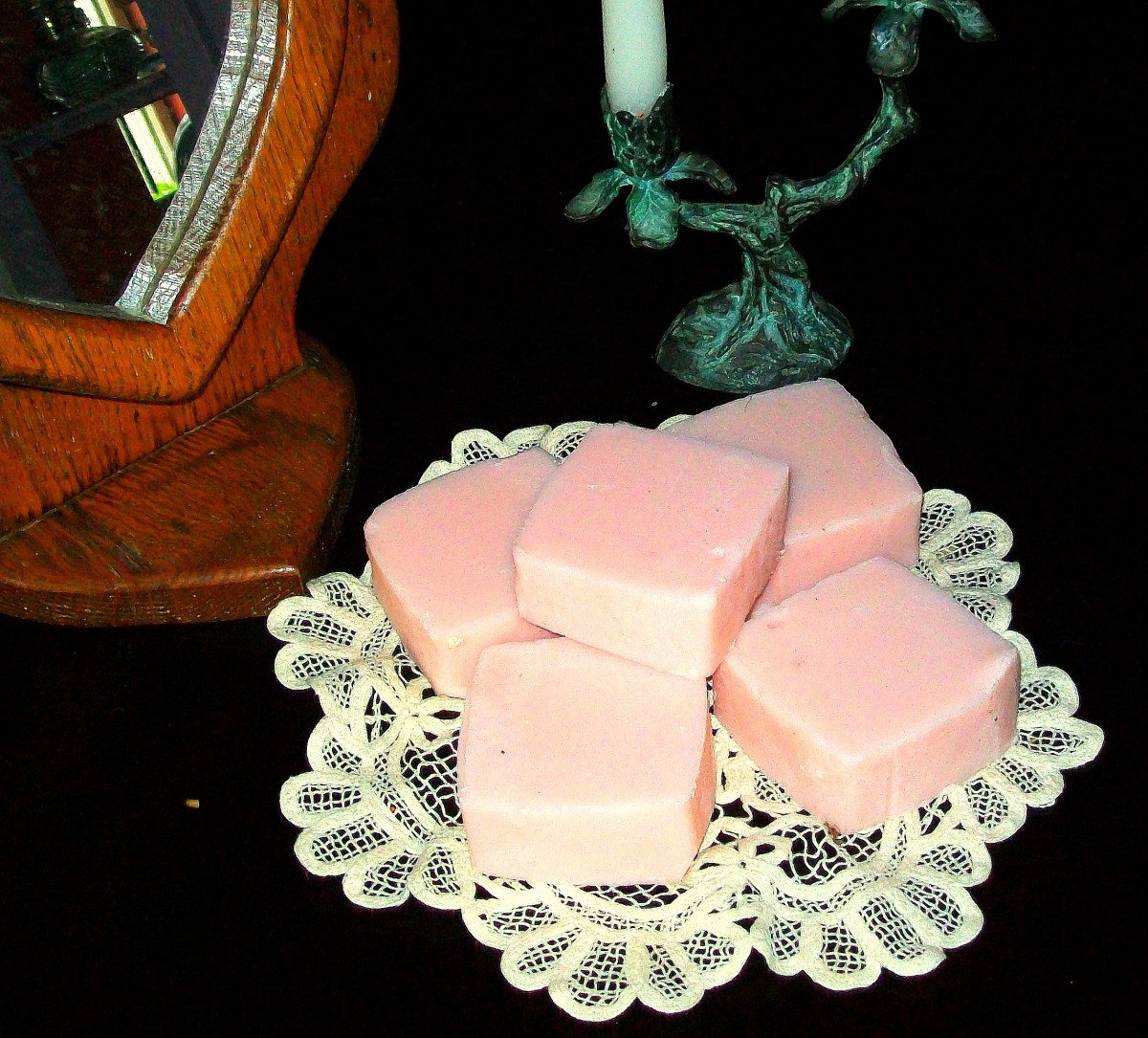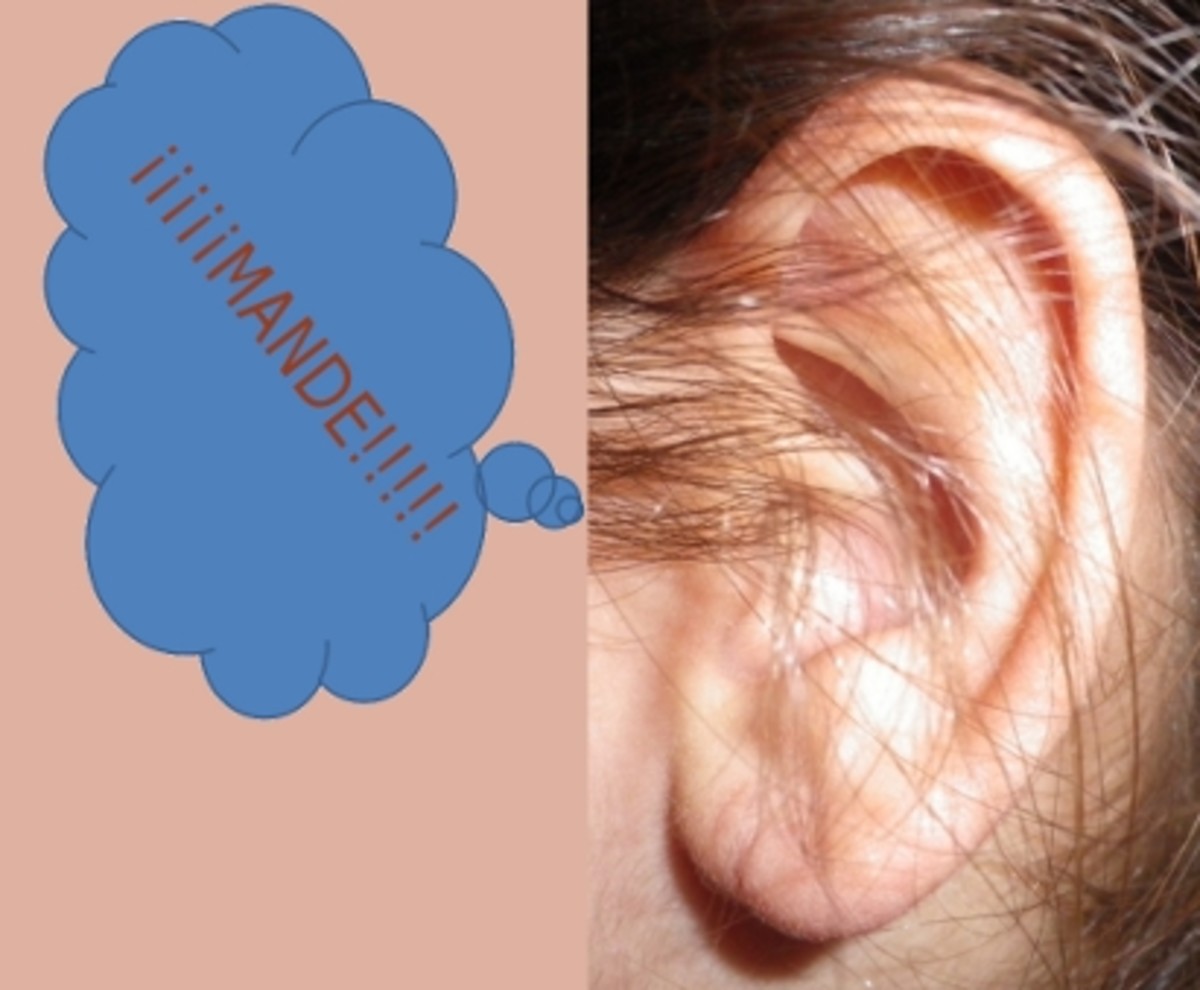Be Careful - These Unhealthy Eating Habits Cause Cancers
Introduction

A large number of studies indicate that rational diet and a healthy lifestyle is the basis of science against cancer. 40% of cancers are related to unhealthy diets and lifestyles and recent researches suggest that a healthier lifestyle is the key to prevent cancer. Here are the top 10 most common unhealthy eating habits that have been linked to cancer.
1. Eating too much:

Most people agree that "each meal by eighth full" is a healthy habit. Overeating usually leads to ill health effects, such as obesity, and its attendant health risks, including diabetes, hypertension and heart disease. It is thought that more than 1 in 20 cancers in the UK are linked to being overweight or obese. Uncontrolled food intake causes your digestive system in a constant state of intense work. Japanese researchers found that men ate too much could lead to reduced function of cancer genetic inhibitor. Fat cells in our body are active and affect metabolism of hormones and proteins. Excess fat changes the levels of sex hormones, like oestrogen and testosterone, in the body, therefore increase the risk of cancer.
2. Skipping meals regularly:

Skipping meals or irregular eating habits have become more and more common in our modern society. There are many reasons why people skip meals. Some may want to lose weight; some may be too busy or tied up at work. But whatever the reason, skipping meals have negative effects on the body. Skipping meals during the day and then overeating at the evening meal results in harmful metabolic changes in the body. Studies have shown that irregular eating habits leading to obesity, peptic ulcers and even stomach cancer. When asked the cancer sufferers, many of them had this problem - either do not eat breakfast or eat lunch very late or often have midnight snacks.
3. Eating out frequently:

Nowadays the busy work and active social life have changed the eating habits at home. Many people have to eat out or consume street food or takeaways. In fact, this is negative way of eating and harmful for health. Unplanned eating out or meals can result in functional damage to digestive system. Moreover, restaurant food may contain more carcinogens as they often use high-temperature frying method or adding a lot of seasoning to boost the selling of food and persuading delicious flavour. Meanwhile people at the parties may eat too much and drinking excessively which increase the burden of gastrointestinal tract, providing conditions for cancer development.
4. Low intake in fruits and vegetables:

Fruits and vegetables contain multivitamins and rich in fibres. These nutrients are considered to have very good anti-cancer effects. Deficiency of vitamins and trace elements can decrease the body's immune function, resulting in physiological imbalance, reducing body defence, which increase the risk of cancer. Medical surveys from the UK have shown that cancer risk is twice greater among people with vitamin A deficiencies than normal population. People with insufficient intake of selenium-containing food, have shown increased colorectal and breast cancer.
5. Excessive alcohol drinking:

Modest drinking seems good for health, this appears to be related to alcohol which can increase high-density lipoprotein, reduce the risk for atherosclerosis and improve the body's sensitivity to insulin. However, excessive alcohol drinking is bad for our health. The main ingredient of wine ethanol is toxic to our body and causes a variety of tissue and cell damage. Long term and excessive alcohol drinking causes cirrhosis and liver cancer. Alcohol is also closely linked to oesophageal cancer, gastric cancer, colorectal cancer, breast and oral cancers. People who smoke and drink simultaneously have much higher risk for throat and mouth cancers. This is because alcohol promotes the mouth and throat to absorb the carcinogens in tobacco.
6. Imbalanced diet:

Foods, including meat, dairy, grains, fruits and vegetables, fats, and legumes (beans) make up the main parts of our daily diet. Different foods contain different nutrients, a balanced diet is fundamental to our health. Fruits, vegetables and dietary fibre can protect against several cancers while red meat and processed meat are considered as risk factors for cancer. Studies have shown that some cancers are linked to imbalanced diet. For example, people living in developed countries, due to long-term consumption of red meat and high fat foods, have significantly higher rates for breast cancer, prostate cancer and colon cancer than those living in poor countries. On the other hand, people in some poor countries, due to lack of protein, fruits and vegetables in their diets, have higher incidence of oesophageal cancer, oral cancer and stomach cancer. A balanced eating style can help in maintaining a healthy weight which may be one of the most important ways to protect yourself against cancer.
7. Eating disorders:

Poor appetite and eating disorders often associated with bad mood, anxiety, depression and personal issues. Eating disorders not only affect your emotional and physical health, but also can have long-term consequences, like heart disease, bone loss and risk of cancer. Poor appetite reduces the function of internal organs, leads to malnutrition, weakened immune defence system and creates conditions for the occurrence of cancer. Studies suggest that bad mood is cancer "activators". Scientists who gathered information for nearly 50 years have found that negative emotions, such as depression, anxiety, frustration and sadness are often a precursor to cancer. A survey of 500 cancer patients in United States has shown that most of the patients have a history of obvious emotional trauma.
8. Eating in a hurry:

Pressures of work and social life means that many people do not have enough time to eat. Incomplete food chewing may cause injury of gastrointestinal mucosa, resulting in chronic inflammation, after a long time irritation this can cause gastrointestinal disorders including cancer. Instead, eating slowly and chewing the food fully, in favour of salivary secretion and breaking down carcinogenic substances.
9. Consuming very hot drinks or beverages:

The International Agency for Research on Cancer (IARC) has classified drinking very hot beverages as a probable carcinogen, something that probably causes cancer. Very hot beverages refer to drinks hotter than 65 degrees Celsius, which translates to about 149 degrees Fahrenheit. Drinking very hot tea or beverages can cause damage to the mucosal ling of the digestive tract, leading to ulcers and bleeding. Therefore, repeated burning stimulation may increase your risk of mouth and oesophageal cancers. Animal experiments have shown that alcohol and hot food consumption induces corrosion of oral and oesophageal mucosa and cause hyperplastic lesions that may undergo further mutation to cancer. Population based studies show between double and quadruple the risk in people who drink beverages hot or very hot.
10. Unhygienic living habits:

Washing hands before eating and brushing your teeth after meal are known as good living manners. Poor hand and oral hygiene easily leads to oral bacterial overgrowth and teeth damage. According to the survey, oral cancer and oral health has a lot to do with poor oral health. Infrequently brushing teeth creates the conditions for propagation of bacteria and mould in the oral cavity, thus contributing to the formation of carcinogenic nitrosamine compounds and their precursors. In addition, some bacteria produce harmful substances in saliva down flew into the oesophagus and damage the oesophageal mucosa. Such persistent damage may lead to oesophageal cancer. Infections can pose serious risk to the health of an individual.
Take home message
Cancer is caused by the accumulation of multiple risk factors, such as long-term consumption of unhealthy food and bad living habits. Adopting a healthier lifestyle can make a big difference. Eating a healthy, balanced diet will help your body get all the nutrients it needs and keep you fit and reduce the risk of cancer.
© 2019 Kai Chang
